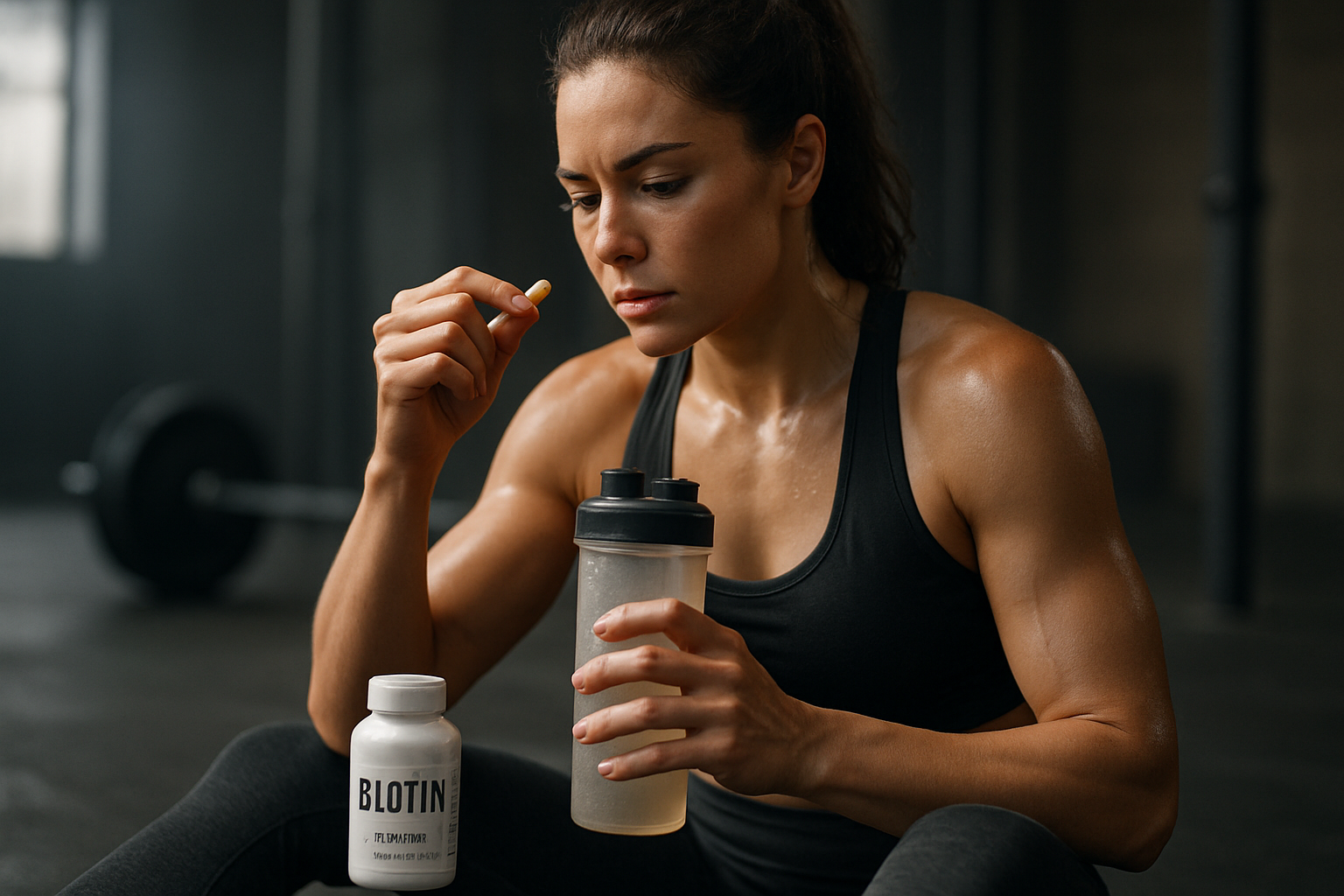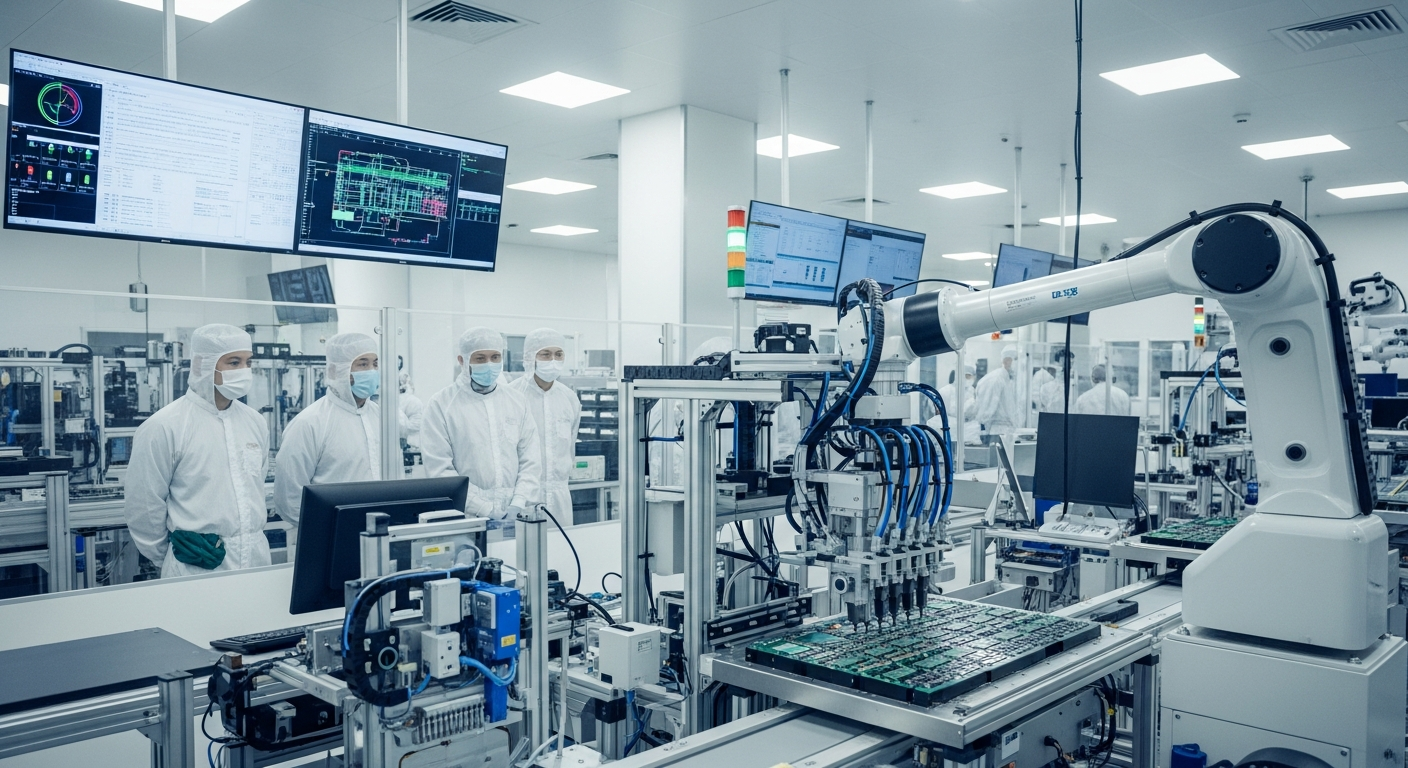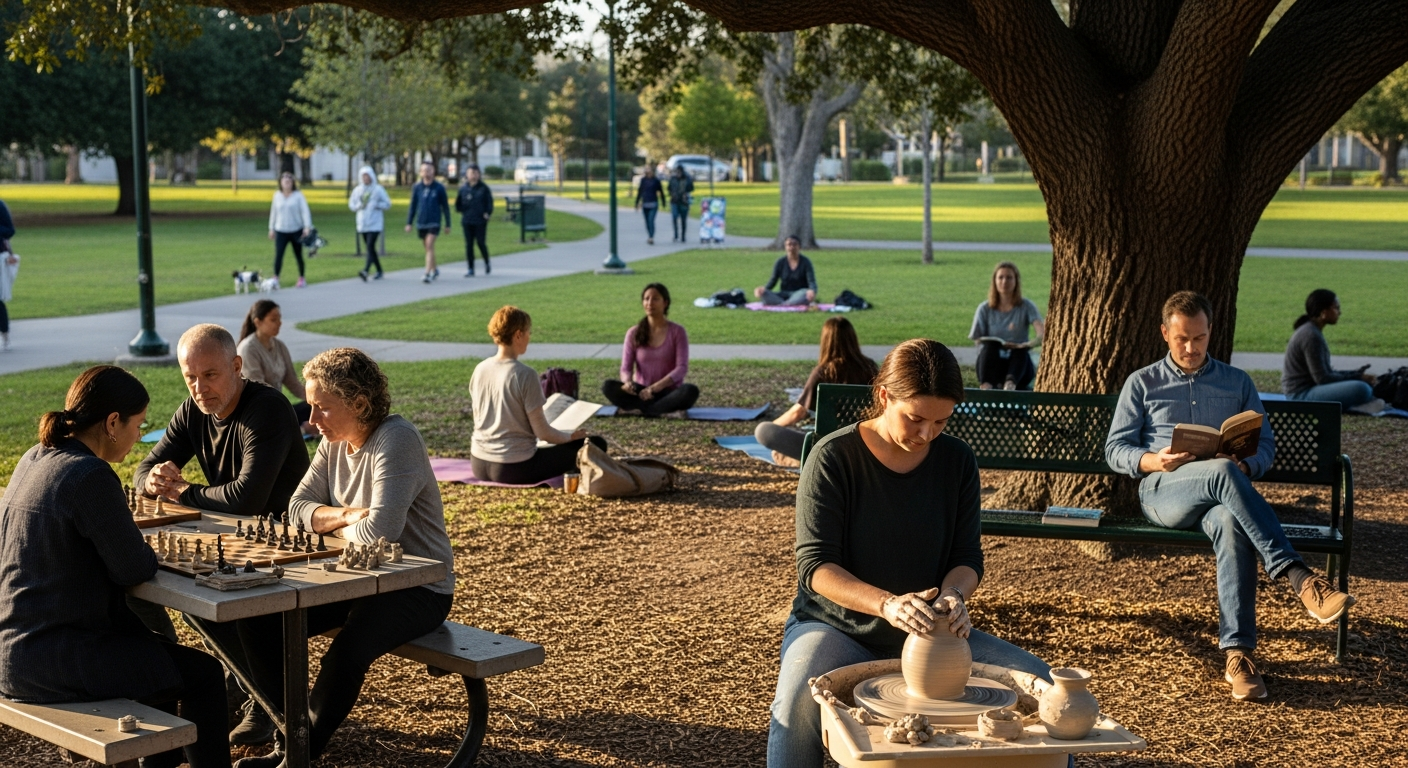Biotin-Infused Fitness: The Science of B7 in Exercise
In the ever-evolving world of beauty and fitness, a surprising contender has emerged as a potential game-changer: biotin. This B-vitamin, also known as vitamin B7, has long been associated with hair and nail health. However, recent research has uncovered its potential role in enhancing athletic performance and overall fitness. As the fitness industry continually seeks innovative ways to optimize workouts and recovery, biotin's integration into exercise routines is gaining traction among athletes, trainers, and fitness enthusiasts alike. This unexpected crossover between a beauty staple and fitness supplement is challenging traditional boundaries and opening up new avenues for holistic wellness approaches.

Historically, biotin was discovered in the 1930s as a growth factor in yeast, but its importance in human nutrition wasn’t fully recognized until the 1960s. Scientists observed that biotin deficiency led to various health issues, including skin rashes, hair loss, and neurological symptoms. This discovery paved the way for biotin’s widespread use in beauty supplements.
In the context of exercise, biotin’s role becomes even more intriguing. During physical activity, the body’s demand for energy increases dramatically. Biotin’s involvement in glucose and fatty acid metabolism suggests that it could play a significant role in meeting this increased energy demand, potentially improving endurance and overall performance.
Biotin’s Impact on Muscle Function and Recovery
Recent studies have begun to explore biotin’s effects on muscle function and recovery, areas of paramount importance in the fitness world. One key finding is biotin’s role in protein synthesis, a crucial process for muscle repair and growth after exercise.
Biotin aids in the metabolism of branch-chain amino acids (BCAAs), which are essential for muscle protein synthesis. By enhancing the body’s ability to utilize these amino acids, biotin may contribute to more efficient muscle recovery and growth. This potential benefit is particularly relevant for strength training and high-intensity workouts that cause significant muscle breakdown.
Moreover, biotin’s involvement in energy metabolism may help reduce exercise-induced fatigue. By optimizing the body’s use of glucose and fatty acids, biotin could potentially extend endurance and delay the onset of fatigue during prolonged physical activity. This aspect of biotin’s function is drawing attention from endurance athletes and their trainers, who are constantly seeking ways to improve performance and delay exhaustion.
Biotin and Exercise-Induced Oxidative Stress
One of the lesser-known but potentially significant aspects of biotin in fitness is its role in combating exercise-induced oxidative stress. Intense physical activity generates free radicals, which can cause cellular damage and contribute to inflammation and muscle soreness.
Research suggests that biotin may have antioxidant properties, helping to neutralize these free radicals and reduce oxidative stress. This protective effect could have far-reaching implications for athletes, potentially reducing post-exercise inflammation and accelerating recovery times.
Furthermore, biotin’s antioxidant properties may contribute to overall cellular health, which is crucial for maintaining peak physical condition. By supporting cellular integrity, biotin could help athletes maintain consistent performance levels and reduce the risk of exercise-related injuries.
Biotin Supplementation Strategies for Fitness Enhancement
As the potential benefits of biotin in fitness become more apparent, attention is turning to effective supplementation strategies. While biotin is naturally present in many foods, including eggs, nuts, and certain vegetables, the amounts required for potential fitness benefits may exceed what’s typically obtained through diet alone.
Fitness professionals are now experimenting with biotin supplementation protocols, often combining it with other B-vitamins and minerals to create comprehensive fitness-focused nutrient blends. These formulations aim to support overall energy metabolism, muscle function, and recovery.
The timing of biotin supplementation is also under scrutiny. Some experts suggest taking biotin before workouts to maximize its potential benefits during exercise, while others advocate for post-workout supplementation to aid in recovery processes. As research in this area is still emerging, the optimal timing and dosage of biotin for fitness purposes remain subjects of ongoing investigation.
It’s important to note that while biotin is generally considered safe, even in high doses, excessive intake can interfere with certain laboratory tests. Therefore, athletes and fitness enthusiasts are advised to consult with healthcare professionals before starting any new supplementation regimen.
The Future of Biotin in Fitness: Challenges and Opportunities
As the fitness industry begins to embrace biotin’s potential, several challenges and opportunities are emerging. One significant challenge is the need for more robust, fitness-specific research on biotin. While initial studies are promising, larger-scale clinical trials are necessary to fully understand biotin’s effects on various aspects of athletic performance and recovery.
Another challenge lies in educating fitness professionals and consumers about biotin’s role beyond its traditional beauty applications. Overcoming preconceived notions and effectively communicating the science behind biotin’s fitness benefits will be crucial for its widespread adoption in the industry.
On the opportunity side, the integration of biotin into fitness opens up new possibilities for product development. We may see the emergence of biotin-enriched sports nutrition products, specialized fitness supplements, and even biotin-infused workout gear designed to deliver the vitamin transdermally during exercise.
Furthermore, the crossover between beauty and fitness that biotin represents could lead to more holistic approaches to wellness. This intersection may inspire new workout programs that emphasize both physical performance and aesthetic benefits, bridging the gap between traditional fitness and beauty routines.
As research progresses and awareness grows, biotin’s role in fitness is likely to evolve. Its potential to enhance energy metabolism, support muscle function, and aid in recovery positions it as a promising ally in the quest for peak physical performance. While it’s not a magic solution, biotin’s emergence in the fitness world exemplifies the industry’s constant innovation and the blurring lines between different aspects of wellness.
The journey of biotin from a beauty staple to a potential fitness enhancer is just beginning. As we continue to unravel the complexities of human physiology and push the boundaries of physical performance, biotin may well become a staple in the toolkits of athletes, trainers, and fitness enthusiasts worldwide. This unexpected convergence of beauty and fitness through the lens of a single vitamin serves as a reminder of the interconnected nature of health and wellness, promising exciting developments in the years to come.






